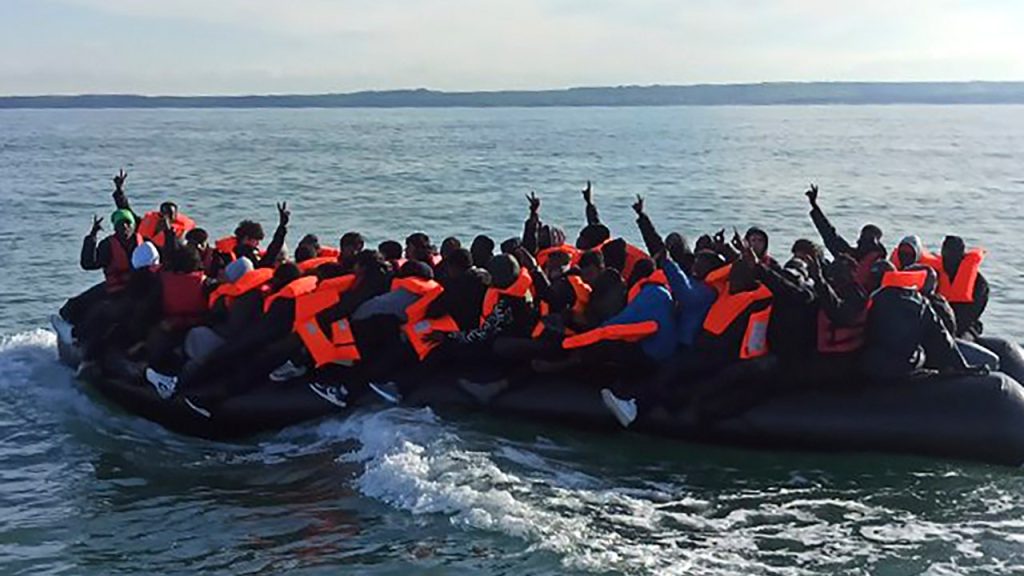Botswana’s foreign minister, Lemogang Kwape, revealed that the U.K. had approached his country to potentially accept some of their “unwanted immigrants,” but Botswana declined the request. This conversation occurred as the British Parliament passed legislation allowing for a plan to send migrants to Rwanda to move forward. UK Prime Minister Rishi Sunak announced that the first flights to Rwanda would take place in July. Kwape did not specify when the U.K. had made the request to Botswana, but it had previously struck a deal with Rwanda in April 2022. The U.K. reportedly held discussions with four other countries — Armenia, Costa Rica, Ivory Coast, and Botswana — to replicate the Rwanda plan.
In an interview with South African television channel Newzroom Afrika, Kwape confirmed that the British government had approached Botswana through diplomatic channels to discuss the transfer of illegal migrants destined for the U.K. However, Botswana refused the request citing that they already had immigration problems in their region to contend with. Kwape mentioned that British authorities had referenced Afghan migrants as potential candidates for relocation to Botswana, although no specific details were provided. The plan to send migrants to Rwanda as a way to address the ongoing issue of migrants crossing the English Channel in small boats has faced legal challenges and delays, attracting criticism from human rights organizations.
The agreement between the U.K. and Rwanda involves transferring migrants who arrive in the U.K. through stowaway or boat routes to Rwanda, where their asylum claims would be processed. If their claims are successful, they would be permitted to stay in Rwanda. Despite the significant amount of money the British government has already paid Rwanda — at least $298 million — in preparation for this plan, no migrants have yet been deported. Botswana’s decision to decline the U.K.’s request highlights the complexities and challenges associated with managing global migration patterns and the responsibilities that countries have towards addressing immigration issues within their regions.
The U.K.’s efforts to explore alternative solutions to manage the influx of migrants have been met with resistance and skepticism from various stakeholders, including human rights groups. By engaging with countries like Rwanda, the U.K. is attempting to create a pathway for migrants to seek asylum in a different location, thereby alleviating the burden on domestic immigration systems. However, the practicality and ethical considerations of such measures have been questioned, particularly in cases where the receiving countries may already be overwhelmed with their own immigration challenges. Botswana’s refusal to accept the U.K.’s “unwanted immigrants” underscores the need for comprehensive and collaborative approaches to address the broader issues surrounding global migration and asylum-seeking.
The contentious nature of the plan to send migrants to Rwanda, as well as the financial implications involved, underscore the complexities of managing immigration policies in an era of increasing global migration flows. The challenges faced by the U.K. in finding willing partners to support their migration management strategies highlight the need for greater international cooperation and dialogue on these issues. By engaging with countries like Botswana, the U.K. is seeking to find alternative solutions to address the ongoing challenges posed by irregular migration and asylum-seeking. However, these efforts must be balanced with considerations of the impacts on receiving countries and the ethical implications of such arrangements. As debates over migration policies continue to unfold on the global stage, it is essential for policymakers to prioritize the protection of human rights and the dignity of migrants while also addressing the legitimate concerns of countries dealing with the complex realities of migration management.


